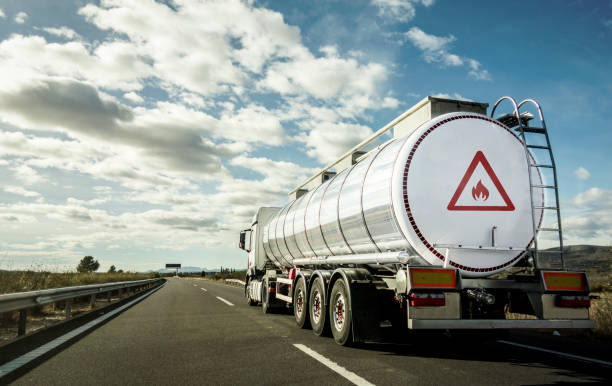In the dynamic landscape of modern transportation, the evolution of fuel delivery in Mishawaka, IN, is pivotal in shaping the future of mobility. From traditional gasoline pumps to cutting-edge electric vehicle (EV) charging networks and sustainable biofuel solutions, the drive towards efficiency and sustainability is pushing the boundaries of innovation like never before.
Electrifying the Road Ahead: The Rise of Electric Vehicle Charging Networks
Electric vehicles (EVs) have emerged as a cornerstone of sustainable transportation, driving the expansion of EV charging infrastructure worldwide. This network of charging stations continues to grow rapidly, supported by advancements in technology that enable faster charging times and increased convenience for EV owners. With governments and industries investing heavily in this infrastructure, the adoption of electric vehicles is expected to accelerate, paving the way towards a greener future.
Harnessing Nature’s Potential: Biofuels and Their Role in Sustainable Energy
Biofuels represent another significant leap in fuel delivery technology, utilizing organic materials like crops and agricultural waste to produce renewable energy sources. As concerns over carbon emissions intensify, the development of biofuel production techniques has become increasingly sophisticated, making them a viable alternative to traditional fossil fuels. The deployment of biofuel distribution networks is crucial in ensuring widespread access to sustainable energy solutions, further reducing environmental impact while enhancing energy security.
Automation and Efficiency: Transforming Delivery Systems with AI and Robotics
Innovations in automation and robotics are revolutionizing fuel delivery logistics. Autonomous vehicles and drones are being deployed to streamline distribution processes, improving efficiency and reducing carbon footprints. These technologies not only optimize delivery routes but also enhance safety and reliability, meeting the demands of a rapidly evolving market.
Data-Driven Decisions: The Power of Analytics in Fuel Delivery
At the heart of these advancements lies the power of data analytics and artificial intelligence (AI). By harnessing vast amounts of data, companies can optimize fuel delivery networks, predict consumer demand patterns, and manage inventory more effectively. This data-driven approach not only improves operational efficiency but also supports sustainability efforts by minimizing waste and maximizing resource utilization.
Challenges and Opportunities on the Horizon
Despite these strides, challenges such as regulatory frameworks, infrastructure development, and technological integration remain hurdles to widespread adoption. Collaboration between industry stakeholders, policymakers, and researchers will be crucial in overcoming these obstacles and accelerating the transition to a cleaner, more efficient fuel delivery ecosystem.
Looking Forward: Toward a Sustainable and Connected Future
As we look ahead, the future of fuel delivery is poised for further innovation and growth. Emerging technologies and sustainable practices are reshaping the landscape of transportation, driving towards a future where mobility is not only efficient but also environmentally responsible. By embracing these innovations and fostering collaboration across sectors, we can forge a path towards sustainable energy solutions that meet the needs of today without compromising the needs of future generations.
In conclusion, the evolution of fuel delivery systems represents a transformative shift towards a more sustainable and connected world. By leveraging technological advancements and embracing renewable energy sources, we can create a future where mobility is accessible, efficient, and in harmony with our planet’s resources. Together, we have the opportunity to shape tomorrow’s mobility landscape, ensuring a brighter and cleaner future for all.
